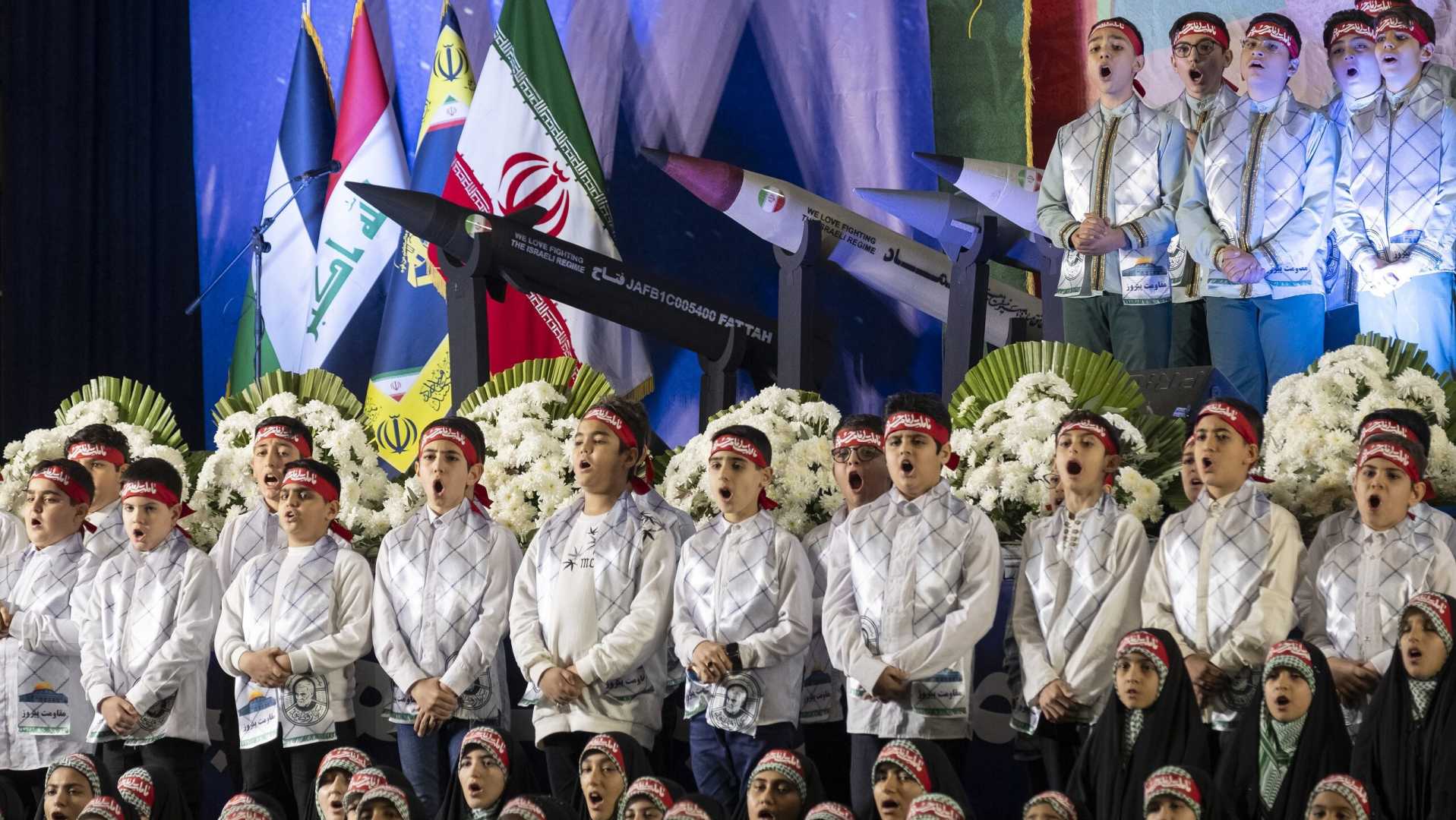World
Israeli Military on High Alert Amid Fears of Iranian Attack

The Israeli military has been placed on high alert following a directive from Chief of Staff Lt. Gen. Herzi Halevi, as fears grow that Iran may take extreme measures against Israel in the coming days. According to a report from Israeli news outlet Walla, the heightened alert stems from escalating tensions in Iran’s economic, political, and military spheres, combined with uncertainty surrounding the return of President-elect Donald Trump to the White House later this month.
Unnamed defense sources cited in the report suggest that Iran’s internal challenges, including economic instability and domestic protests, could push Tehran toward aggressive actions. The Revolutionary Guards have reportedly been transferring funds to Hezbollah via civilian aircraft, further raising concerns. Israeli military leadership is preparing for a range of possible scenarios, though specific details remain undisclosed.
Meir Litvak, a senior research associate at the Alliance Center for Iranian Studies at Tel Aviv University, warned that Iran may target domestic Israeli infrastructure, such as natural gas drilling stations or critical systems, through missile attacks or cyberattacks. “I can imagine another major missile attack—this could be one option. Another option could be an attempt to target Israeli natural gas drilling stations or a major cyberattack aimed at paralyzing a critical system in Israel,” Litvak told The Media Line.
Beni Sabti, a researcher at the Institute for National Security Studies‘ Iran program, noted that Iran has long promised a third attack on Israel following strikes in April and November 2024. “They’ve conducted the second attack, but the third one seems stuck, and they’re very frustrated about that,” Sabti said. He added that Iran’s recent military exercises could serve as a cover for launching an attack, similar to Egypt and Syria‘s actions in the 1973 Yom Kippur War.
Litvak suggested that Iran may time its actions to coincide with the transition of power in the U.S., assuming President Joe Biden would hesitate to respond decisively in his final days in office. “They may hope to act before Trump takes office, thinking Biden won’t respond decisively and that Trump won’t retaliate immediately upon taking power,” he said.
Sabti emphasized that Iran’s rhetoric may be aimed at psychological pressure rather than actual escalation. “These statements are about showing strength—saying, ‘We are here. We exist. You didn’t beat us.’ It’s a way of thinking rooted in Iranian and Shiite culture,” he explained. However, he doubted Iran’s ability to carry out a significant attack, citing its economic struggles and internal challenges.
Israel’s multilayered defense systems, including anti-missile technology, have been bolstered in recent years. Sabti expressed confidence in Israel’s preparedness, stating, “Israel is very good at learning lessons and improving its systems. Unlike Iran, where they don’t criticize themselves or reassess their strategies, Israel constantly evaluates and upgrades its capabilities.”
Despite these preparations, Litvak warned that Israel remains vulnerable to a large-scale missile attack. “For a major missile attack, we have protection, but we don’t have enough anti-missile systems to intercept all Iranian missiles,” he said. “This is why we need American support.”
As tensions continue to rise, Israeli civilians have been advised to remain cautious but avoid panic. Defense officials are closely monitoring the situation, with the potential for further developments in the coming days.












